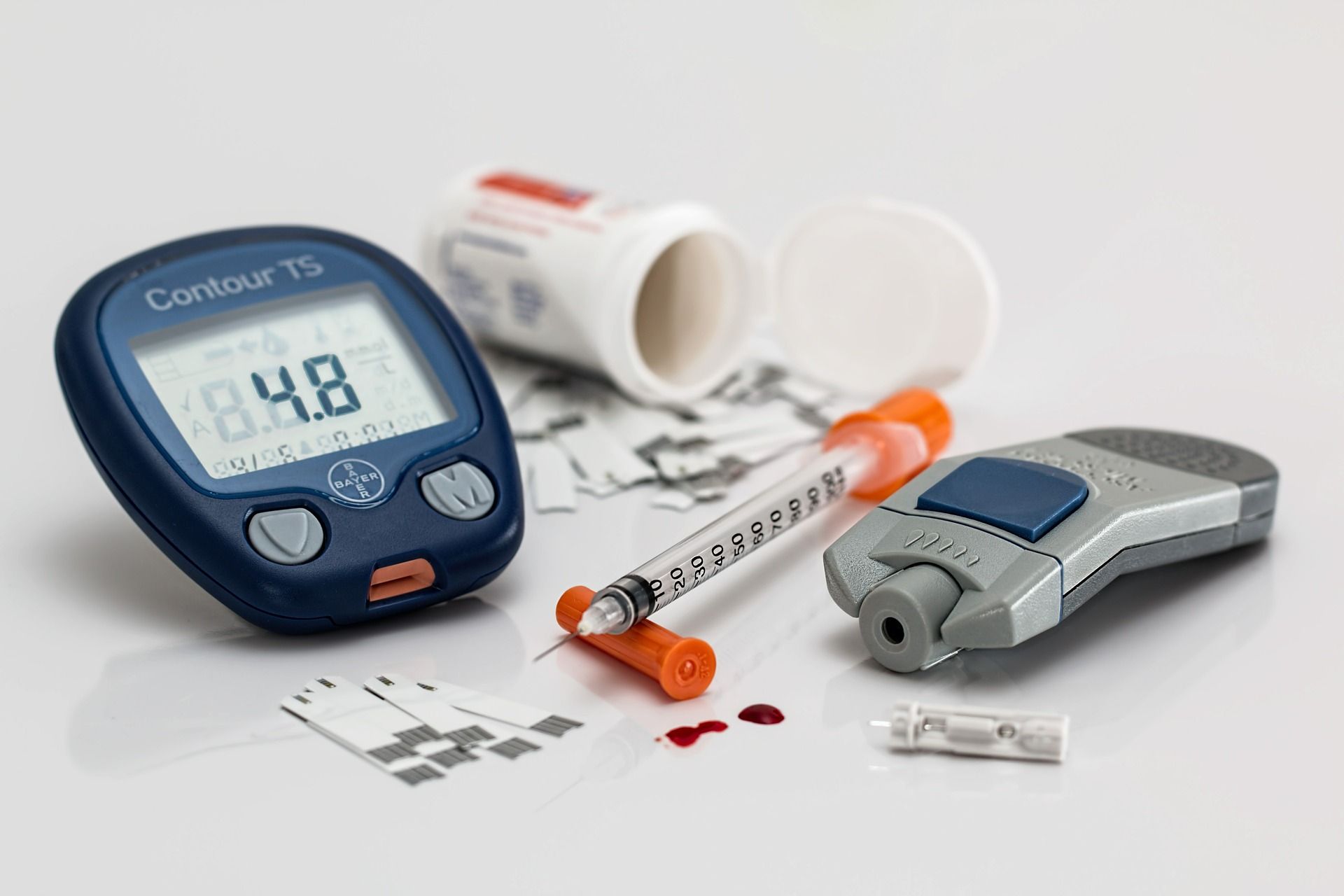nhl player max domi aims to 'demystify' type 1 diabetes in new podcast
max domi is determined to support and inspire others who are living with the type 1 diabetes, athletes or not, to manage a disease that can be stressful and complex.
understanding the childhood obesity epidemic: environment, genetics and education
the entire society has to work together to end childhood obesity, and the onus cannot be put on parents or just one group of people.
study shows flash glucose monitoring reduces risk for diabetes patients
the results of the frontier study showed that flash glucose monitoring use by ontarians living with diabetes reduces the risk of developing acute adverse diabetes-related events.
 8 minute read
8 minute read























